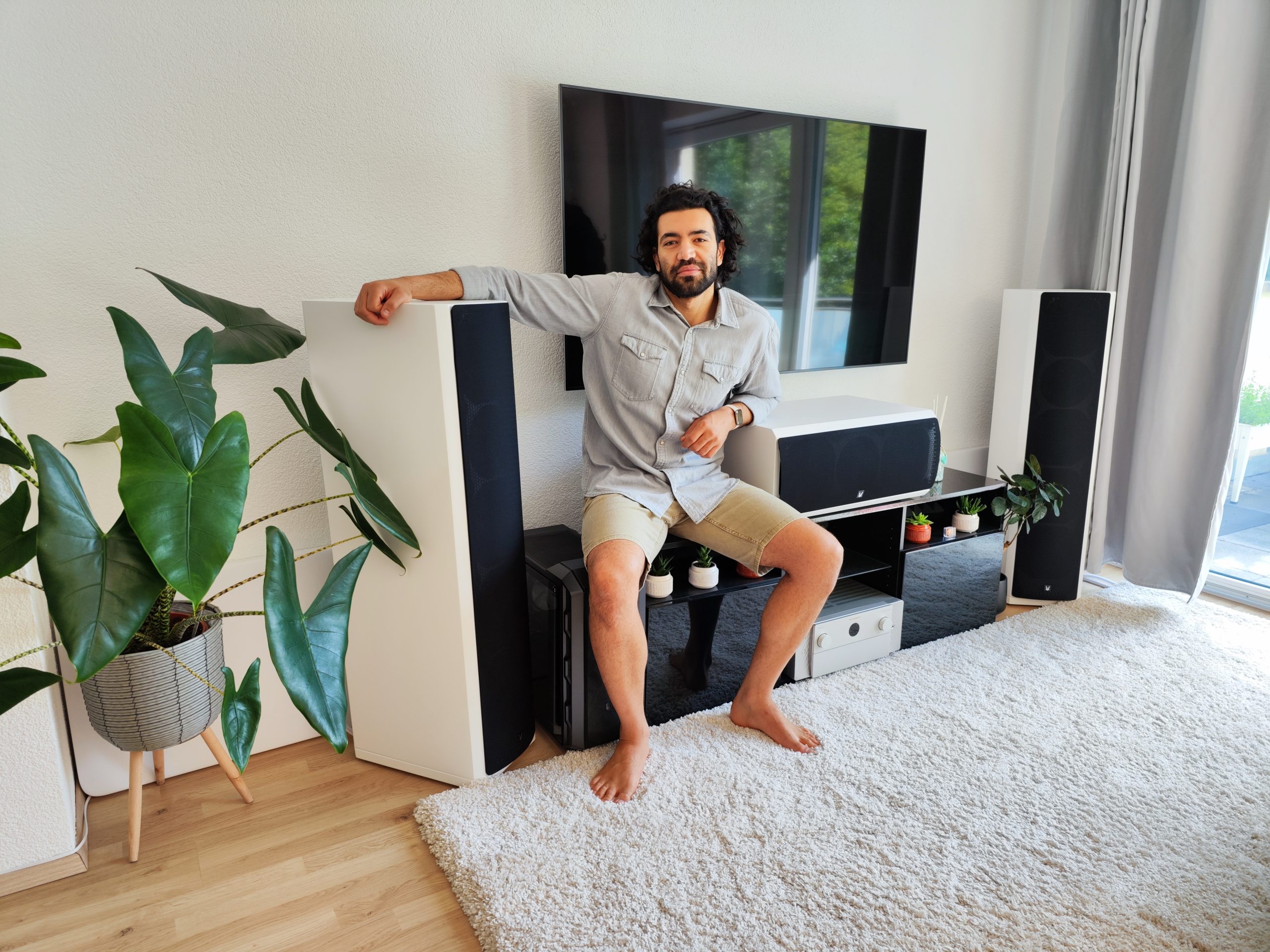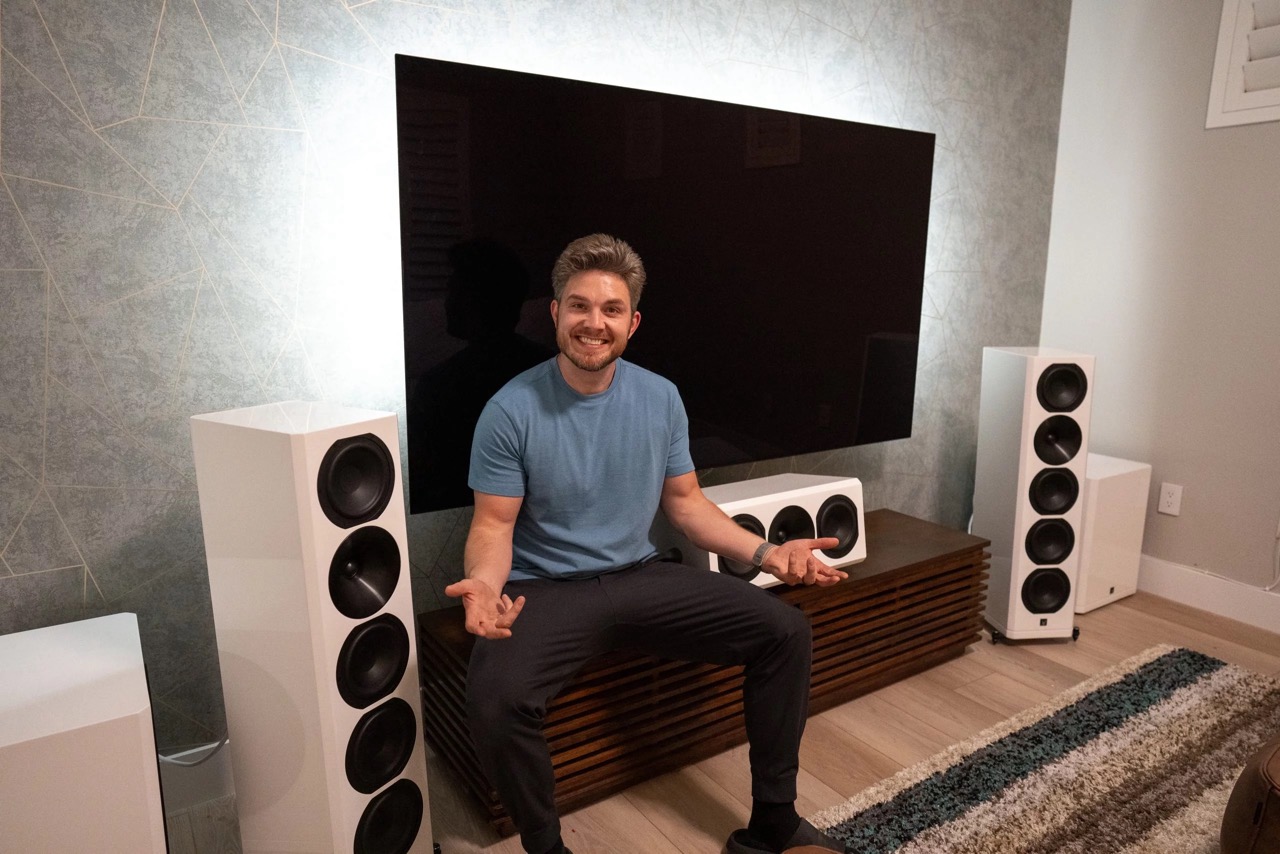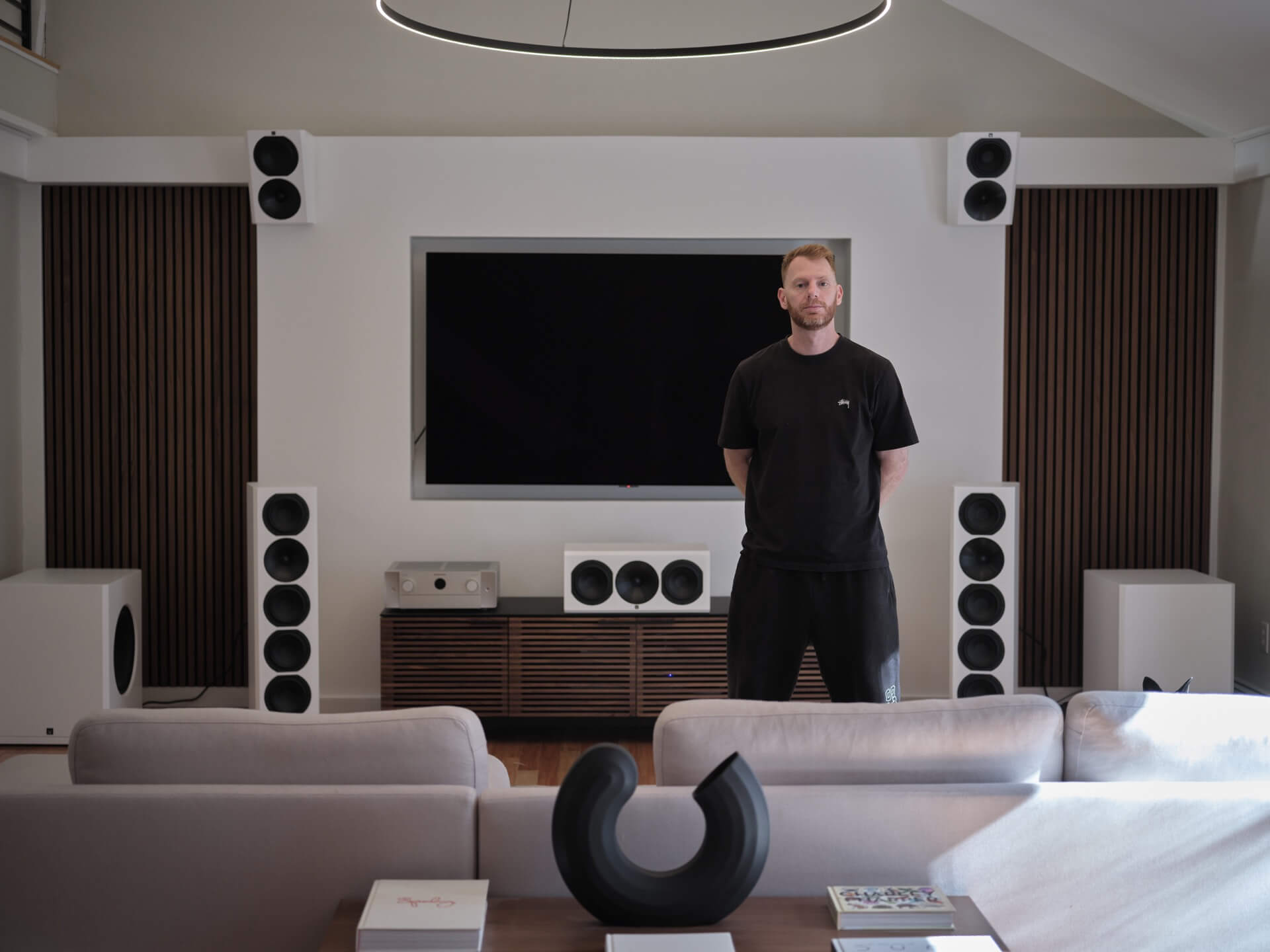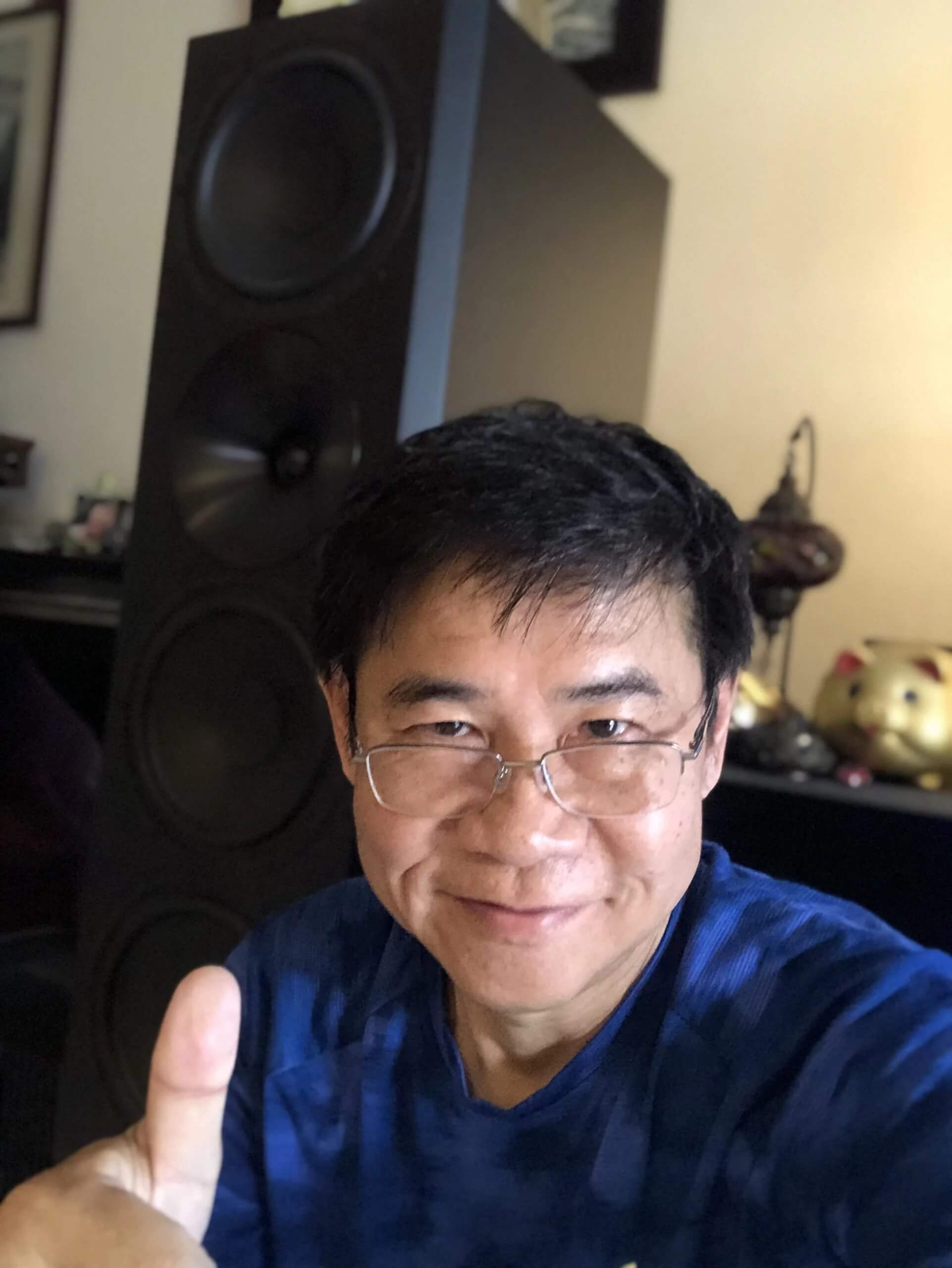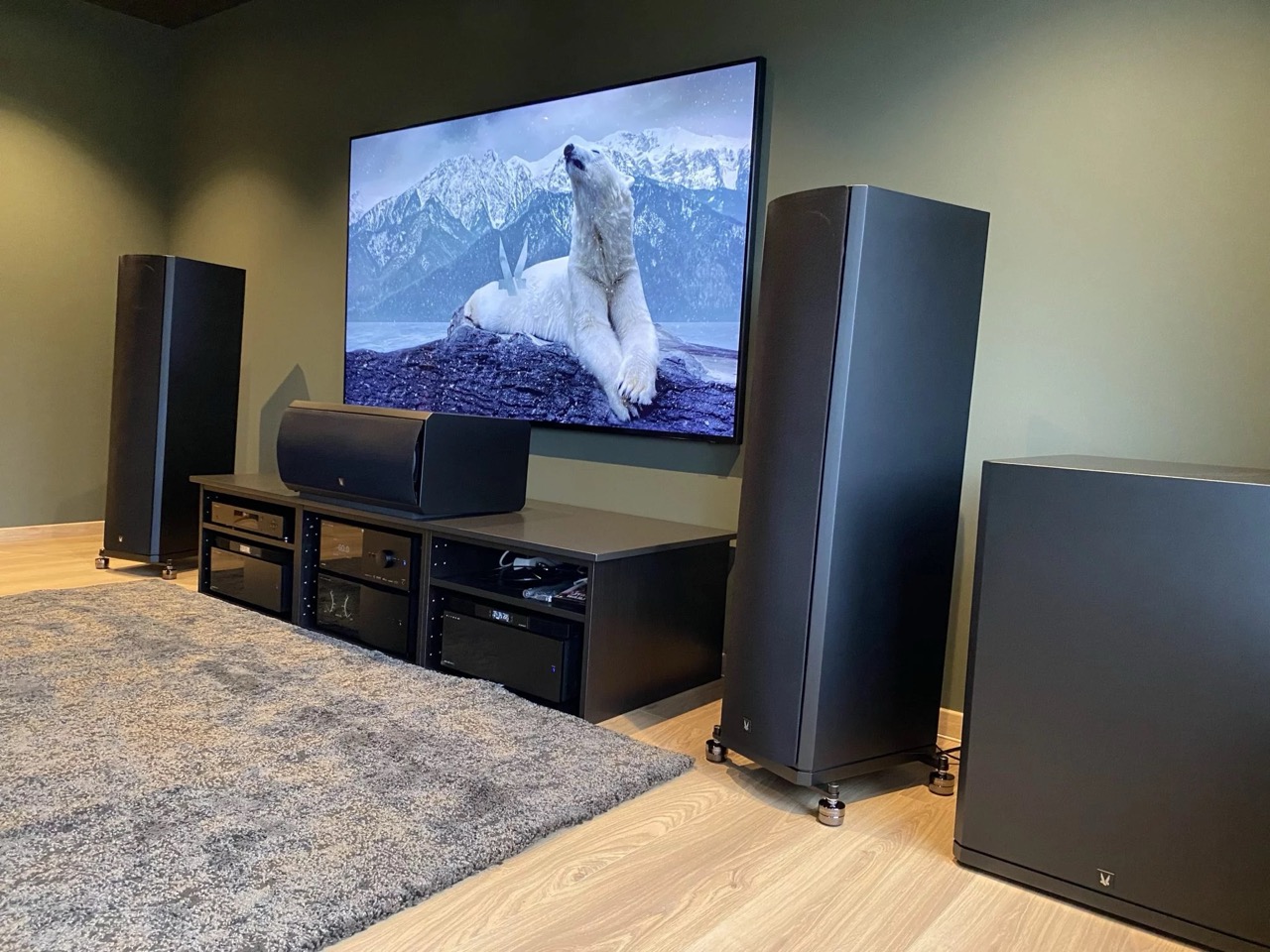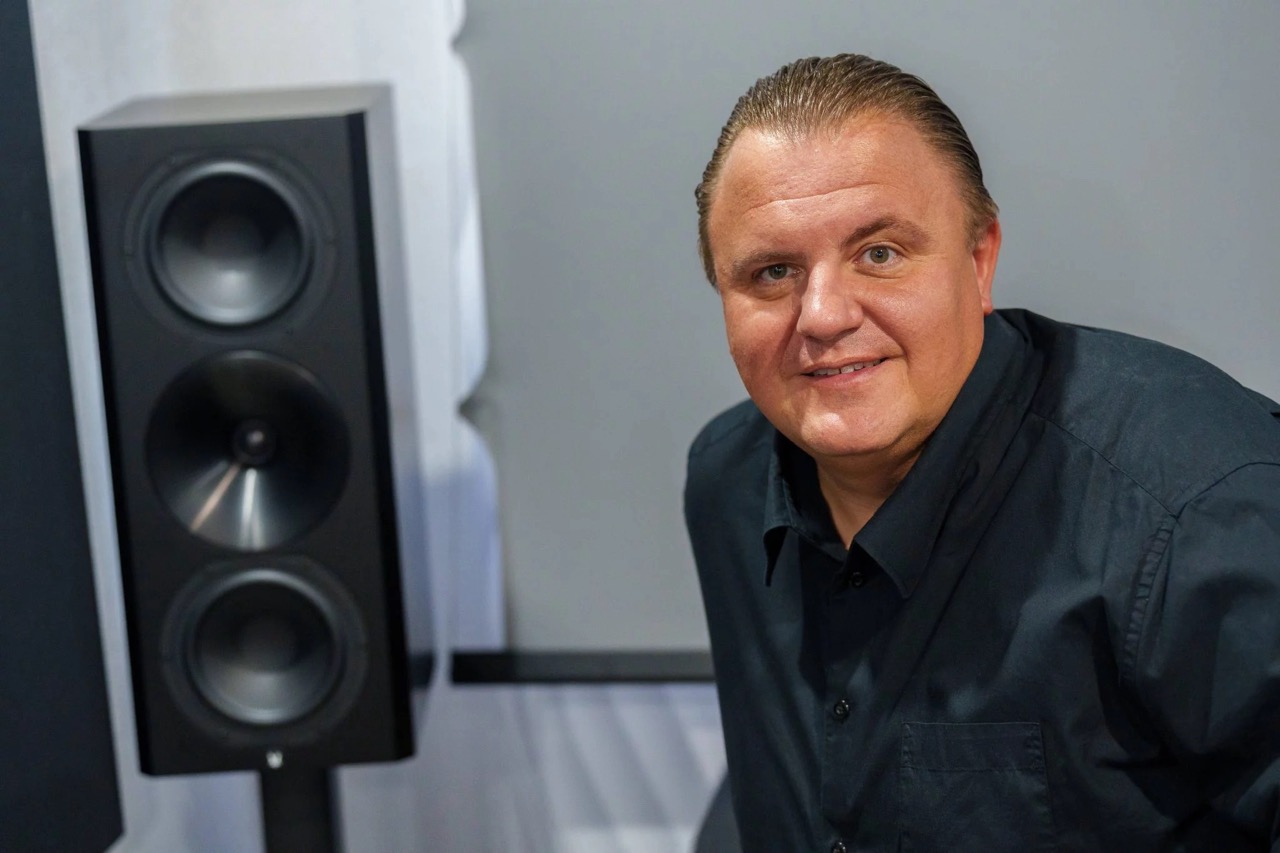Listening Tests and Subjective Evaluation
Article summary - TL;DR
- Subjective evaluation of audio quality emphasizes personal experience over technical measures.
- Individual preferences greatly influence how sound is perceived and enjoyed.
- Effective listening tests require controlled environments and familiar source material.
- Trusting your ears is key; preferences may evolve with time.
- Enhance your audio-visual setup with the 1528 Tower 8, designed for expansive sound and clarity.
1. Beyond the Numbers: Exploring the importance of subjective evaluation in assessing audio quality.
While hi-fi systems and their components can often be compared using a variety of technical measurements, the ultimate evaluation of sound quality remains a highly personal and subjective experience. Recognizing this, audiophiles place great value on listening tests to assess the nuances and emotional impact of music playback, which cannot be fully captured by objective data alone.
Subjective evaluation involves more than just listening; it’s about experiencing how a piece of music resonates with you, whether it stirs your emotions, and if it feels authentic in its reproduction. This method of evaluation is crucial because it reflects the true end-goal of a hi-fi setup: to provide personal enjoyment and a deeper connection with the music.
The subjective nature of sound assessment also emphasizes that what might be the ideal audio setup for one person could be less impressive to another. Personal tastes in music genres, nuances in hearing, and even the mood of the listener can all influence one’s judgment of sound quality.
2. The Human Factor: How individual preferences shape our perception of sound.
Our auditory system is intricate and highly individual, contributing to the vast differences in how people perceive sound. Individual preferences and past experiences play a significant role in shaping what one may consider the ‘perfect’ sound. This variance is not just about high frequencies, bass response, or clarity, but also about the emotional response elicited by different sound signatures.
Subjective evaluation and the human factor are essential components of personalizing a hi-fi system. Through listening tests, audiophiles can determine the type of equipment that aligns with their taste, ensuring a more satisfying listening experience.
Audiophiles often talk about a ‘signature sound’ that a particular brand or system may offer. This concept underlines the subjective aspect of sound, where the character and warmth of audio are as much a part of the listener’s preference as the technical credentials of the system itself.
3. Organizing Effective Listening Tests: Strategies for conducting meaningful comparisons between audio components.
Conducting listening tests is more than just playing a favorite track. It’s crucial to create a controlled environment with minimal external noise interference and a comfortable atmosphere to focus solely on the sound being evaluated.
Use a consistent source material for testing, ideally recordings that are well-known to the listener and represent a variety of musical styles and dynamics. This helps in accurately gauging the performance of the components across different genres and audio ranges.
It’s also important to systematically switch between the components or settings being compared, allowing adequate time to truly listen to each change. Some audiophiles prefer blind testing techniques to remove any bias that brand recognition or aesthetics might influence their subjective analysis.
4. The Ultimate Judge: Honing your listening skills to become a discerning audiophile.
Being a discerning listener requires practice and attention to sonic details. Developing expertise in listening tests means picking out nuanced differences and understanding how various elements like soundstage, imaging, and transparency contribute to the overall experience.
Trusting your ears is imperative; after all, the aim of high-fidelity audio is enjoyment. As subjective evaluation is peppered with personal biases, it’s important for each listener to accept that their preferred sound may not be the most technically accurate, yet it is the right sound for them.
Appreciating music is a journey, and your tastes may evolve over time. Therefore, regular listening tests can help refine what you look for in your audio system, ensuring that it continually meets your evolving standards for exceptional sound quality.
Frequently asked questions
Why is subjective evaluation important in assessing audio quality?
Subjective evaluation is crucial because it captures the personal and emotional impact of music playback, which technical measurements alone cannot fully convey. It reflects the ultimate goal of a hi-fi setup: personal enjoyment and a deeper connection with music.
How do individual preferences influence sound perception?
Individual preferences and past experiences shape what one considers the ‘perfect’ sound. This includes not just technical aspects like frequency response, but also the emotional responses elicited by different sound signatures.
What strategies can I use for effective listening tests?
To conduct effective listening tests, create a controlled environment, use consistent source material, and systematically switch between components while allowing time to listen. Some users prefer blind testing to eliminate biases.
How can I improve my listening skills as an audiophile?
To become a discerning listener, practice identifying nuanced differences in sound elements like soundstage and imaging. Trusting your ears and regularly engaging in listening tests can refine your audio preferences over time.
What is meant by 'signature sound' in audio systems?
'Signature sound' refers to the unique character and warmth that a particular brand or system offers, which aligns with a listener's preferences and enhances their overall sound experience.
How does mood affect my judgment of sound quality?
Your mood can significantly influence your judgment of sound quality; a piece of music might resonate differently depending on how you feel at the moment, highlighting the subjective nature of audio assessment.
Why is it essential to use well-known recordings during listening tests?
Using well-known recordings helps ensure accurate performance evaluation across various musical styles, allowing for a better assessment of the audio components being tested.
Can personal biases play a role in audio evaluation?
Yes, personal biases can affect audio evaluation. It’s important to acknowledge these biases and understand that your preferred sound may not be the most technically accurate, but it is the sound that resonates with you.
How often should I conduct listening tests?
Regular listening tests are essential as they help refine your understanding of audio quality, ensuring that your system continues to meet your evolving taste and standards.


